Learn Chinese Idiom with Pinyin and English

- Idiom in Chinese-男倡女随。
- Pinyin of Idiom– nán chàng nǚ suí.
- Idiom’s Meaning in English– This idiom refers to a situation where the husband leads and the wife follows, indicating harmony and cooperation between husband and wife. It describes a close and supportive relationship between spouses.
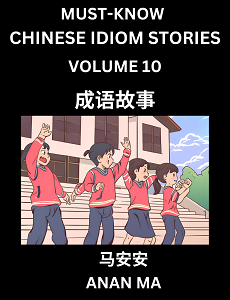
Chinese Idiom Stories Books (HSK All Levels):
- Books to Learn Chinese Idiom Stories (Part 1)
- Books to Learn Chinese Idiom Stories (Part 2)
- Books to Learn Chinese Idiom Stories (Part 3)
Learn Chinese Idiom Story in English (成语故事的英文)
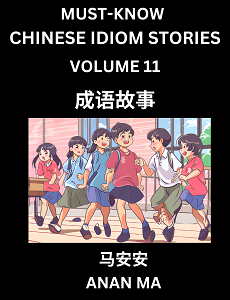
In an ancient small town, there was a couple named Li Ming and Wang Xiu. Li Ming was a diligent farmer who worked hard in the fields every day, while Wang Xiu was a virtuous wife who took care of the children and managed the household chores. Li Ming often sang cheerful songs in the fields, and Wang Xiu would prepare meals for him at home. Although they had different roles, their hearts were closely connected. Whenever Li Ming returned home, Wang Xiu would greet him with a smile, and they would exchange a knowing glance, filled with tacit understanding. Their life was simple but filled with happiness and harmony. This was the best interpretation of the idiom “nán chàng nǚ suí”.
Learn Idiom Story in Chinese (成语故事)
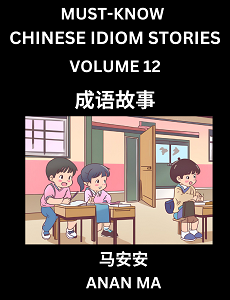
在一个古老的小镇上,有一对夫妻,丈夫叫李明,妻子叫王秀。李明是个勤劳的农夫,每天都在田间劳作,而王秀则是个贤惠的妻子,她总是在家中照顾孩子,操持家务。李明常常在田间唱起欢快的歌曲,而王秀则会在家中为他准备饭菜,两人虽然分工不同,但心却紧紧相连。每当李明回家,王秀总会笑着迎上去,两人相视一笑,默契无比。他们的生活虽然简单,但充满了幸福和和谐。这就是“男倡女随”的最好诠释。
Learn Keywords with English, Simplified Chinese Characters, and Pinyin (关键词)
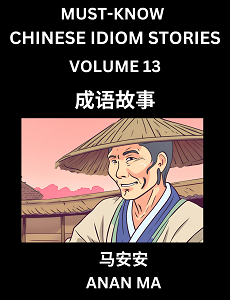
李明(Lǐ Míng): husband
王秀(Wáng Xiù): wife
农夫(nóng fū): farmer
贤惠(xián huì): virtuous and capable
默契(mò qì): tacit understanding
Pinyin of Idiom Story (故事的拼音)
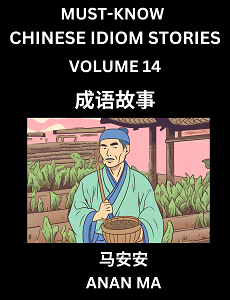
Zài yīgè gǔlǎo de xiǎo zhèn shàng, yǒuyī duì fūqī, zhàngfū jiào lǐ míng, qīzi jiào wáng xiù. Lǐ míng shìgè qínláo de nóngfū, měitiān dū zài tiánjiān láozuò, ér wáng xiù zé shìgè xiánhuì de qīzi, tā zǒng shì zài jiāzhōng zhàogù háizi, cāochí jiāwù. Lǐ míng chángcháng zài tiánjiān chàng qǐ huānkuài de gēqǔ, ér wáng xiù zé huì zài jiāzhōng wèi tā zhǔnbèi fàncài, liǎng rén suīrán fēngōng bùtóng, dàn xīn què jǐn jǐn xiānglián. Měi dāng lǐ míng huí jiā, wáng xiù zǒng huì xiàozhe yíng shàngqù, liǎng rén xiāng shì yīxiào, mòqì wúbǐ. Tāmen de shēnghuó suīrán jiǎndān, dàn chōngmǎnle xìngfú hé héxié. Zhè jiùshì “nán chàng nǚ suí” de zuì hǎo quánshì.




